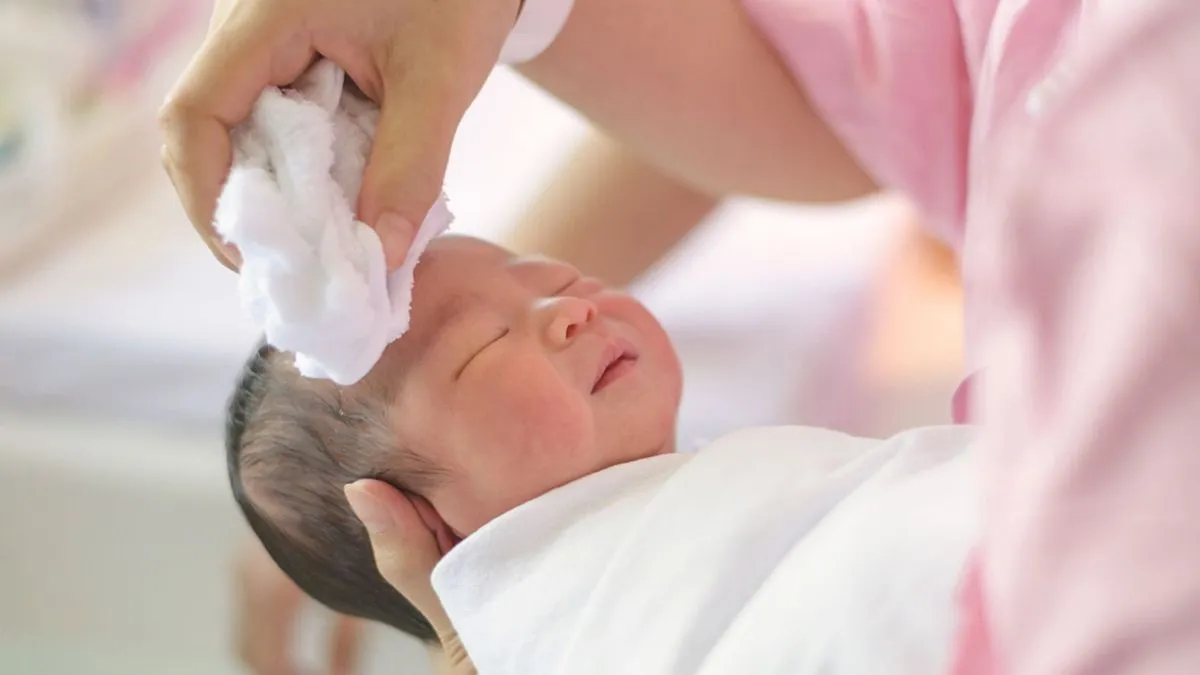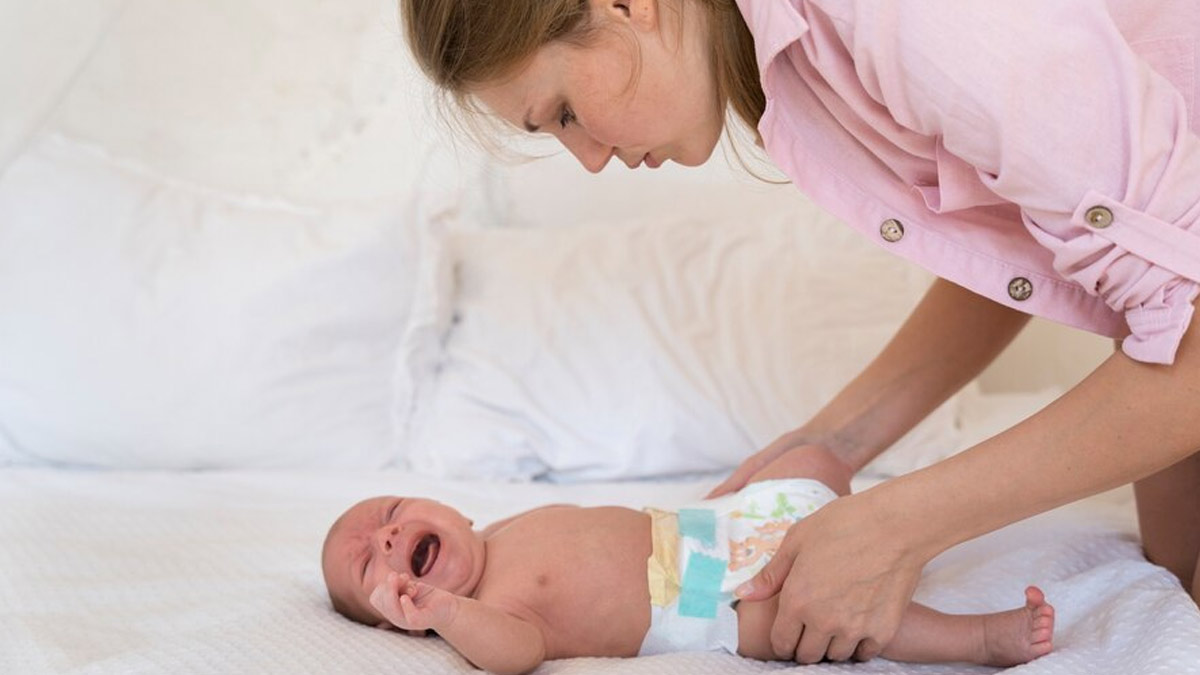
The Newborn Care Week is a great reminder of how delicate your baby’s skin really is. For first-time parents, the newborn stage can feel overwhelming. There’s so much to think about, including how to protect that soft, fragile skin. Baby skin isn’t just tiny adult skin: it’s more sensitive, more vulnerable to irritation, and slower to build its natural barrier.
Table of Content:-
To help, Dr Ranjan Kumar Pejaver, associated with Himalaya BabyCare, Chief Neonatologist, People Tree at Meenakshi Hospital, Bengaluru, explains what parents need to know and offers practical tips to keep your newborn’s skin healthy, hydrated, and rash-free.
Why Newborn Skin Needs Extra Care![]()
As per Dr Pejaver, below are a few things that new parents need to take care of:
- Newborn skin is very delicate. It’s thinner than adult skin, more permeable, and more easily irritated.
- The natural protective barrier is still developing in the first few months.
- Harsh products, frequent bathing, or synthetic clothing can disrupt this barrier, leading to dryness or rashes.
- Good skin care early helps prevent common skin issues like diaper rash or eczema.
Simple and Gentle Care for Delicate Newborn Skin
Dr Pejaver explains, “Newborn skin is extremely delicate and needs extra care in the early months.” He recommends:
- Limiting baths to 2–3 times a week to avoid stripping the skin’s natural oils
- Using lukewarm water and a mild, fragrance-free cleanser with a pH of 5.5, formulated specifically for babies
- Gently patting the skin dry after bathing and applying a hypoallergenic moisturiser immediately to lock in hydration

Choosing products with natural ingredients such as chickpea, green gram, and fenugreek can soothe and nourish the skin further. For sensitive or eczema-prone skin, Dr Pejaver suggests products with pure cow ghee, which has moisturising and healing properties. Soft, breathable cotton clothes help avoid irritation, while synthetic fabrics should be avoided.
“Newborns don’t sweat much or get significantly dirty, so daily baths aren’t necessary,” says Dr Pejaver. Over-bathing can cause dryness and irritation. On non-bath days, keep your baby’s skin fresh by gently wiping the face, neck folds, hands, and diaper area with a soft, warm cloth.
Protecting Against Diaper Rash![]()
Diaper rash is common but largely preventable, according to Dr Pejaver. He also highlights how to effectively prevent diaper rash:
- Change diapers often, ideally every two hours, or as soon as they’re wet or soiled.
- Clean gently using warm water or fragrance-free baby wipes. Pat dry and don’t rub.
- Let the diaper area air-dry for a few minutes before putting on a fresh diaper.
- Apply a thick barrier cream with zinc oxide or petrolatum to reduce friction and protect against moisture.
- Use diapers that fit well, not too tight, to allow airflow and reduce rubbing.
Signs to watch for:
- Redness, bumps, or inflamed skin around the diaper area
- In more serious cases: blistering, peeling, or sore skin
- If rash persists for more than a few days, spreads or seems painful, consult your paediatrician.
Natural Measures for Rash Prevention
Natural methods can help too, such as giving diaper-free time daily to let the skin breathe. Using warm water with a soft cotton cloth for cleaning and applying coconut oil or pure ghee creates a gentle protective barrier. These oils have soothing and antibacterial benefits that can prevent dryness and irritation.
A study on newborns found that a skin-care regimen combining bathing every two days + daily moisturiser significantly improved skin-barrier function by 3 months. Compared to babies who bathed daily without lotion, the intervention group had lower transepidermal water loss (TEWL) and higher skin hydration (SCH), and they also experienced a lower incidence of diaper dermatitis in the first month.
Conclusion
For new parents, baby skincare can feel like a balancing act: you want to keep your little one clean, but you also don’t want to harm their delicate, developing skin. Dr Ranjan Kumar Pejaver’s guidance makes this easier. Simple routines, mild products, and smart bathing habits can go a long way in protecting your baby’s skin.
Also watch this video
Read Next
Newborn Care Week: Neonatologist Shares Common Newborn Skin Problems and How To Take Care of It
How we keep this article up to date:
We work with experts and keep a close eye on the latest in health and wellness. Whenever there is a new research or helpful information, we update our articles with accurate and useful advice.
Current Version
Nov 21, 2025 17:39 IST
Modified By : Vivek KumarNov 21, 2025 17:39 IST
Published By : Vivek Kumar

